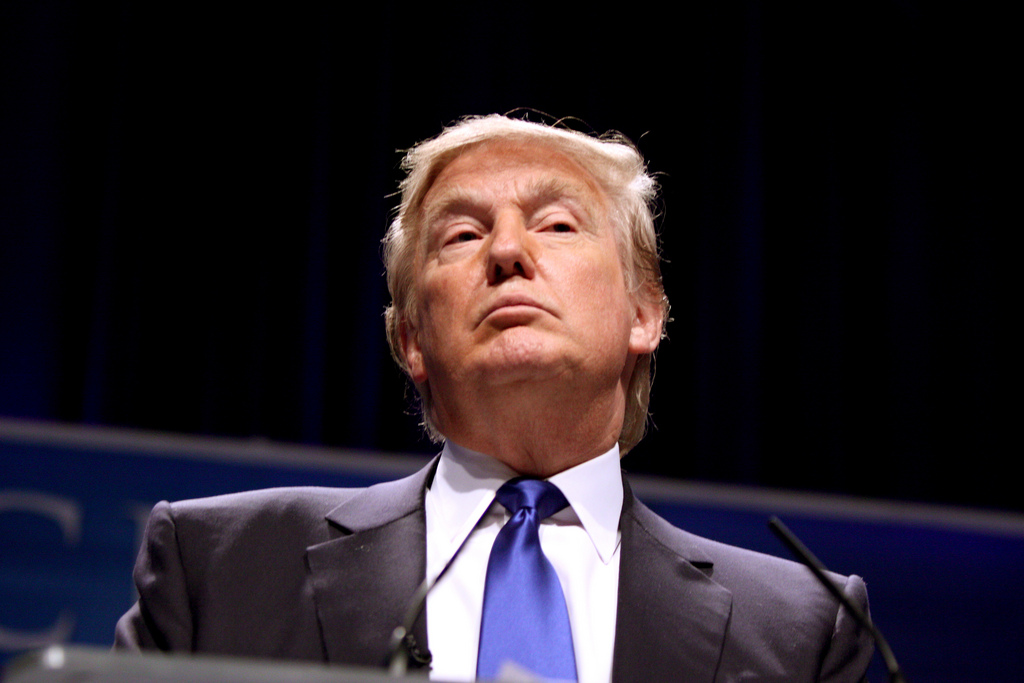In case you missed it, the government has banned usage of the term ‘fake news’ from all official papers and policy documents.
The move comes after a recommendation from a department of Digital, Culture, Media and Sports’ committee tasked with investigating ‘fake news and disinformation‘. So why the ban?
Fake news is not a new phenomenon. In ancient Rome, for example, Augustus employed a strong but fabricated narrative to help him defeat Mark Antony – and in fact, fake news is one of the reasons that RightsInfo was first set up three years ago.
However, in recent years, the term has become popularized, gained steam and is now bandied around all over the place. This is often attributed to Donald Trump’s presidential campaign and election, which regularly used the term ‘fake news’ to describe negative press coverage.
‘Fake news’ was declared The Collins Word of the Year 2017
Image via Pixabay
Perhaps unsurprisingly, in 2017, ‘fake news’ not only made it onto the Collins list of Dictionary Words of the Year, alongside terms including ‘gender-fluid’, ‘gig economy’ and ‘unicorn’, and was declared The Collins Word of the Year 2017.
Today, however, the term ‘fake news’ has oversimplified a highly complex phenomenon. Its use has now been stretched so far that it essentially describes any piece of information that somebody doesn’t like.
Negative press coverage? Fake news. An opinion that doesn’t fit the party line? Fake news. A consumer criticising a company? Fake news. Poor-quality reporting? Must be fake.
So What Did The Committee Recommend?
Among many other recommendations in their report, the committee identified that the term ‘fake news’ had “taken on a variety of meanings, including a description of any statement that is not like or agreed with by the reader”.
Their recommendation was that the government rejects the term and moves towards agreed, shared definitions of the terms ‘‘misinformation’ and ‘disinformation’ that provide clear guidelines and consistency of meaning across platforms.
Using shared and agreed definitions of misinformation and disinformation could then provide the basis of enforcement and regulation.
How Did The Government Respond?

Image via Flickr
In their response, the government agreed that the term ‘fake news’ is a problem: “We agree that ‘fake news’ is a poorly-defined and misleading term that conflates a variety of false information, from genuine error through to foreign interference in democratic processes.”
‘misinformation’ is defined as the inadvertent sharing of false information
The government’s response also included two alternative definitions.
Firstly it defines ‘disinformation’ as deliberate creation and sharing of false and/or manipulated information that is intended to deceive and mislead audiences, either for the purposes of causing harm, or for political, personal or financial gain.
And secondly ‘misinformation’ is defined as the inadvertent sharing of false information.
But ‘Fake News’ Is Catchy. Why The Big Issue?
As trivial as it may seem, terminology matters. The term ‘fake news’ is controversial and woefully inadequate.
much of the really dangerous disinformation that circulates in our society is neither fake, nor news
Professor Nielsen of the Reuters Institute for the Study of Journalism
In a report by UK law firm, Carter-Ruck, ‘Fake News: Authentic Views’ (2018), Professor Nielsen of the Reuters Institute for the Study of Journalism said: “The reason the term is very problematic is not simply that it’s highly politicised and frustratingly general. It’s that much of the really dangerous disinformation that circulates in our society is neither fake, nor news”.
Clare Wardle, who leads the non-profit First Draft, says that in facing the challenges caused by a false and misleading information, “agreeing upon a shared vocabulary is essential”.
Does This Signal The End of Fake News?

Image via Flickr
Well, probably not. The phenomenon itself continues to gain traction – and just because the UK has banned the term ‘fake news’, does not mean that we will no longer see it being used. For one thing, Trump is unlikely to pay any attention to such a ban…
Regardless, this definitional clarity is a positive step. ‘Fake news’ is a highly controversial concept, that encapsulates a range of operations, motives and practices and it is important that we start out by defining the phenomenon properly.
Definitions provide a starting-point and an understanding of the boundaries in which a particular problem is situated.
Working in the law, you come to learn that lawyers are obsessed with definitions. Definitions provide a starting-point and an understanding of the boundaries in which a particular problem is situated.
So, although a shift in terminology might seem small and trivial, in fact it is highly significant. In the emerging debate on the phenomenon of ‘fake news’, scrapping the term itself is a good place to start.







